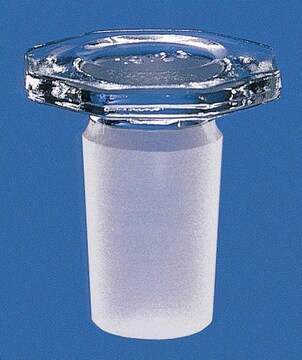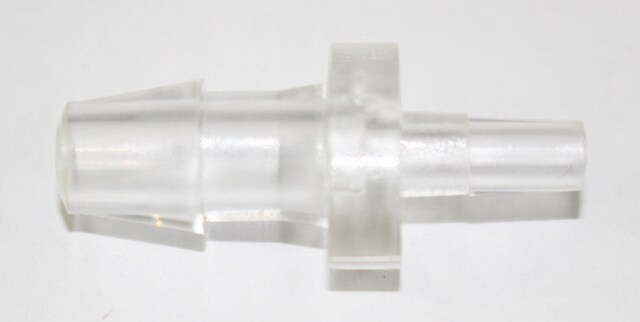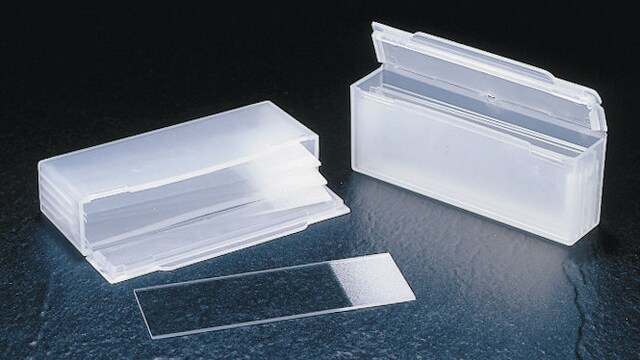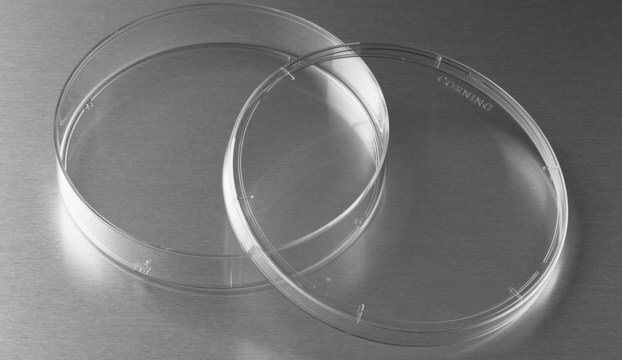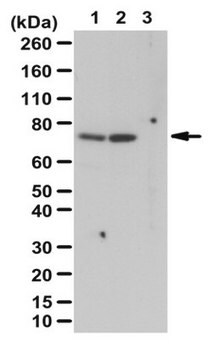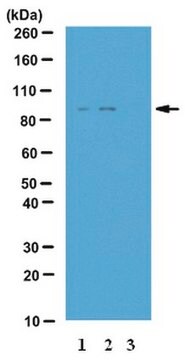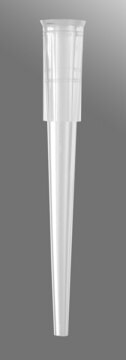Recommended Products
product name
SSN-1, 96082808
biological source
fish unknown/unspecified
growth mode
Adherent
karyotype
Aneuploid
morphology
Fibroblast
products
Not specified
receptors
Not specified
technique(s)
cell culture | mammalian: suitable
shipped in
dry ice
storage temp.
−196°C
Cell Line Origin
Fish striped snakehead fry, spontaneous production of c-type retrovirus
Cell Line Description
The fish cell line SSN-1 was initiated from whole fry tissue, Channa (Ophicephalus) striatus, commonly named ′striped snakehead′. SSN-1 spontaneously produce and release endogenous snakehead fish Mn²+- dependent C-type retrovirus. The cell line is suitable for fish virus isolation and is susceptible to epizootic ulcerative syndrome rhabdoviruses and piscine nodaviruses. SSN-1 was previously infected with mycoplasma but has been eradicated and tested negative after a minimum of 10 passages.
Application
Isolation of fish virus pathogens
Culture Medium
L15 + 2mM Glutamine + 5-10% Foetal Bovine Serum (FBS).
Subculture Routine
Split sub-confluent cultures (70-80%) 1:3 to 1:6 i.e. seeding at 2-4x10,000 cells/cm2 using 0.25% trypsin or trypsin/EDTA. Use trypsin very cautiously; 25-30°C, can be light sensitive therefore avoid prolonged exposure to bright light. Fish cell lines detach easily during transit if the culture is very young. After resuscitation split cells 1:3 to 1:4 and culture for at least one week with 1-2 media changes before shipping.
When resuscitating a frozen ampoule of cells we recommend the cells are seeded at the higher seeding level i.e. 4 x10, 000/cm². Cells may take up to 10 days to reach 70% following resuscitation and subculture. Therefore media change flasks after 4-5 days to encourage growth.
When resuscitating a frozen ampoule of cells we recommend the cells are seeded at the higher seeding level i.e. 4 x10, 000/cm². Cells may take up to 10 days to reach 70% following resuscitation and subculture. Therefore media change flasks after 4-5 days to encourage growth.
Other Notes
Additional freight & handling charges may be applicable for Asia-Pacific shipments. Please check with your local Customer Service representative for more information.
Certificates of Analysis (COA)
Search for Certificates of Analysis (COA) by entering the products Lot/Batch Number. Lot and Batch Numbers can be found on a product’s label following the words ‘Lot’ or ‘Batch’.
Already Own This Product?
Find documentation for the products that you have recently purchased in the Document Library.
Our team of scientists has experience in all areas of research including Life Science, Material Science, Chemical Synthesis, Chromatography, Analytical and many others.
Contact Technical Service
